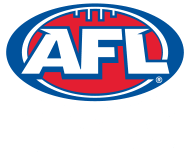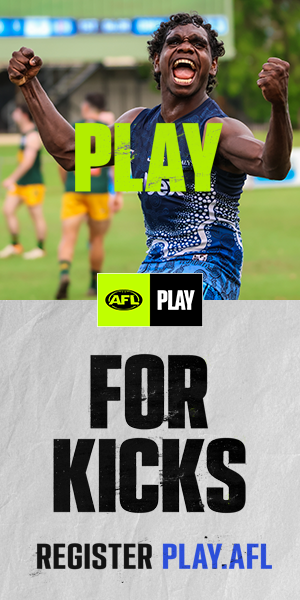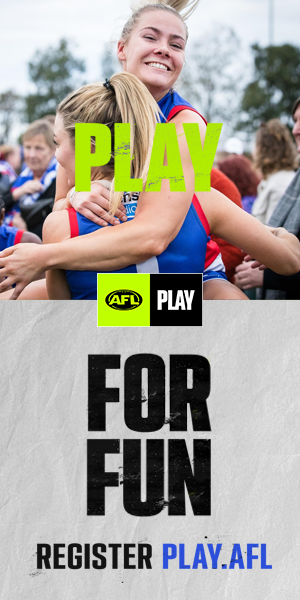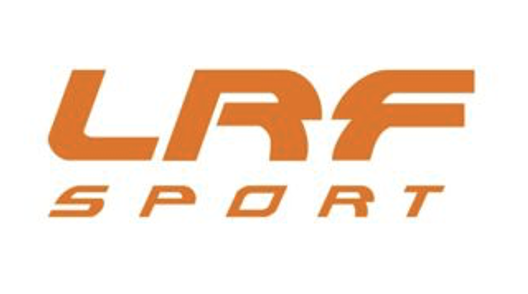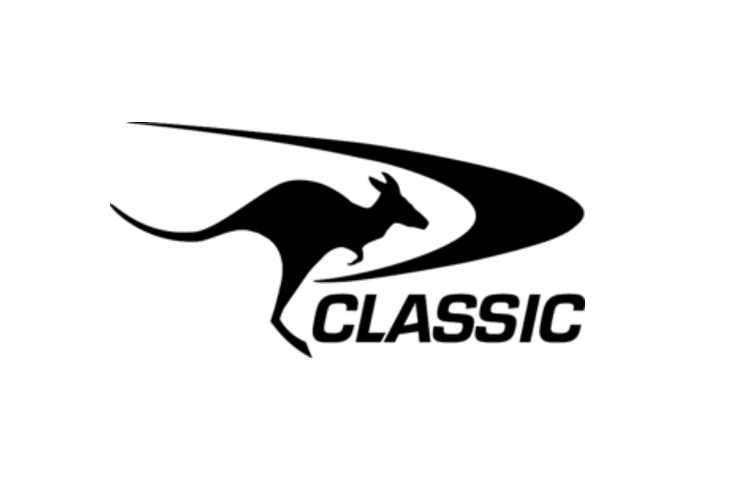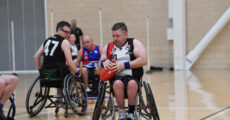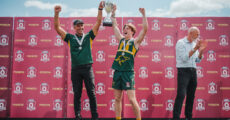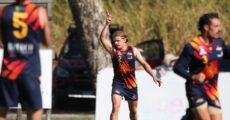Pictured top left is the ad for the 1913 Grand Final, as it appeared in The Brisbane Courier newspaper.
There has always been a strong connection between AFL and the armed forces and since 1995 Collingwood and Essendon have battled it on Anzac Day to honour the men and women who have served our country.
In Queensland the relationship between Australia’s game and Australia’s troops goes back more than a century.
Exactly one hundred years ago, a team representing the Royal Australian Artillery, or RAA, joined the Queensland Football League’s premiership ranks. The team had a good deal of Tasmanian and Victorian experience and wore red and blue colours. RAA only competed in the premiership in 1912 and 1913, in the latter reaching the Grand Final in which it was defeated by Valley.
In the early part of the 20th century, local teams, often representative teams, used to played matches against members of visiting warships.
On the first day of Spring in 1923 the Valley team scored a win which, on the face of it, sounds like a historic victory over one of the champion Victorian teams of the day. On that September afternoon at Perry Park Valley defeated the Melbourne team – but alas, these were the boys from the visiting warship HMAS Melbourne, not their more illustrious (in a footballing sense) VFL namesakes.
During the latter years of World War II, a servicemen’s competition was run as well as the local premiership. Several champion players from southern states, who were presumably on service based in Brisbane at the time, took part. Teams included Ack-Ack, Troop Engineers, Headquarters, Wireless, Survey, Employment Company, Workshops, Signals, Machine Gunners, Army Service, RAAF Stores, and Naval Depot.
In 1945, Workshops, an army unit team consisting mostly of Victorian players, competed in the local premiership. The strength of the service teams was underlined when Workshops went on to win the flag that year by defeating Windsor in the Grand Final.
On Anzac Day 2012, AFL Queensland pay tribute to the brave men and women who have served our country.
Lest we forget.
Thanks to the Queensland Australian Football Forensics (QAFF) for providing us with the above historical details. If you would like to find out more about the history of AFL in Queensland contact QAFF via greg@qldfooty.com
